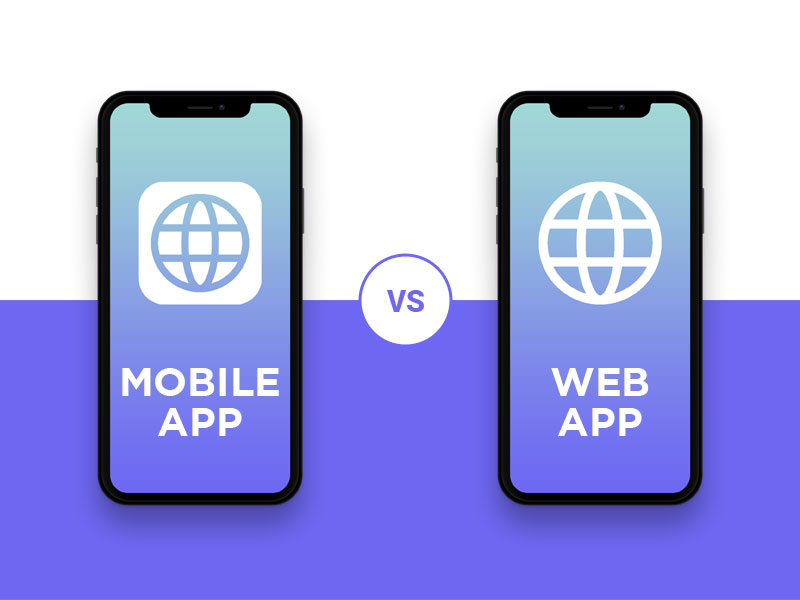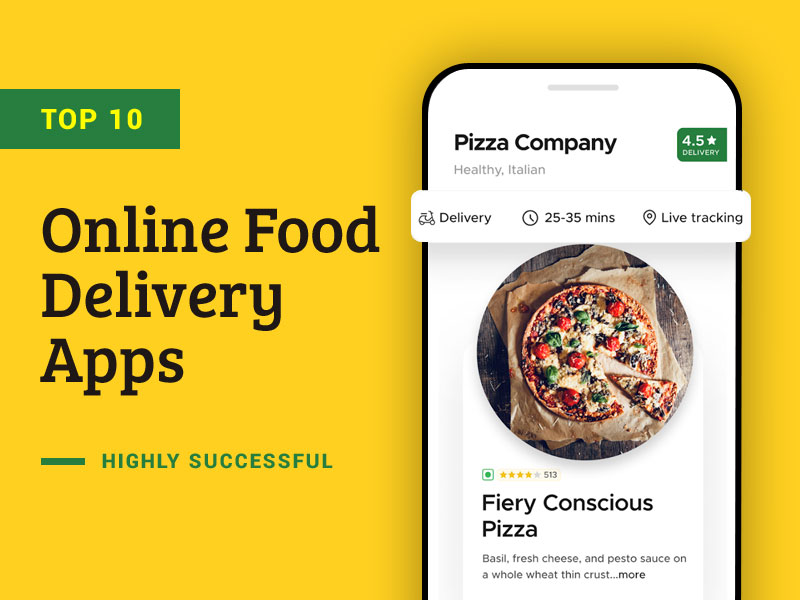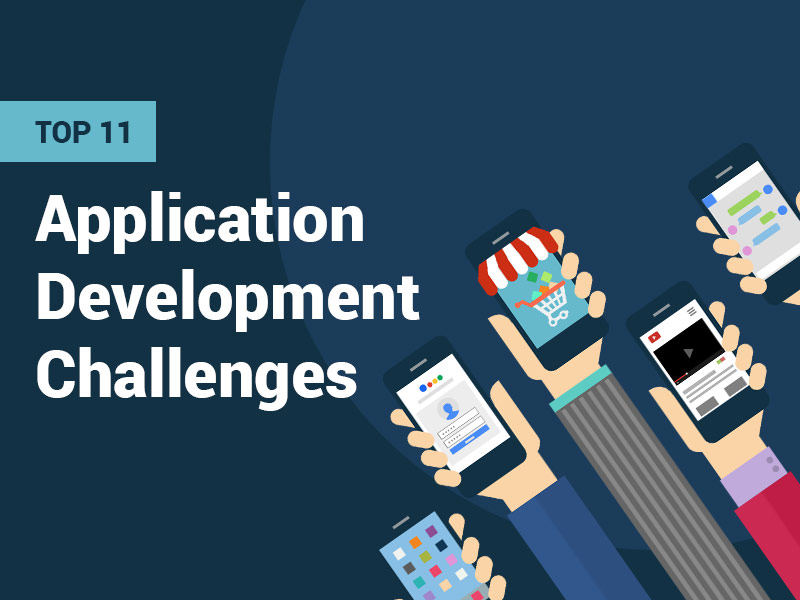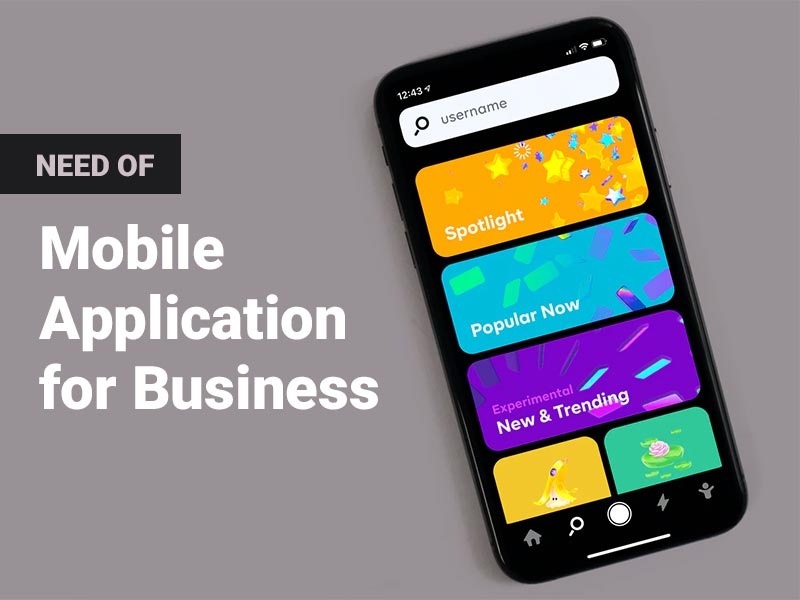In the battle between a mobile app vs web app, which development approach is best for your business? Decide once and for all with this helpful guide.
There are over 4 million apps on Google Play and the Apple App Store combined. But native mobile apps aren’t the only players in town. Web apps are becoming more and more common, making everyone scramble to lock down a definitive winner. Mobile app vs web app? Which will win?
The answer isn’t as straightforward as you might think. Here’s a rundown on web apps and native mobile apps: the difference between them and how to choose the best app development approach for your business.
Mobile App vs Web App: What’s the Difference?

A well-designed web app will work a lot like a native mobile app. It’ll display responsively on your devices and developers often go out of their way to mimic the look and feel of mobile apps.
The differences present with the platform they display on, the permissions they can access, and how they’re developed.
Native mobile apps are downloaded and installed via an app store and must be updated the same way. They’re specifically developed for mobile operating systems like iOS, Google Android, or Windows Phone OS. Because they run natively on the mobile device, they can access system resources such as the camera function or GPS.
Web apps are accessed via an internet browser which makes them more versatile in some ways. They can be accessed on any device, no matter what operating system is running and don’t require the user to physically update the app.
Running a web app does require an active internet connection, something most native mobile apps don’t need.
How They’re Built
The major difference between native mobile and web apps is how they’re designed and built. Each approach requires different coding languages, different development processes, and different steps when publishing.
Mobile apps are platform specific, and because each operating system is different, the Mobile App Development process varies depending what platform you’re intending to publish on.
iOS Apps
Apple’s integrated development environment (IDE) for their iOS apps is Xcode. An IDE is a software application used for software development, including native mobile apps. It typically includes a source code editor, debugger, and build automation tools.
iOS apps are typically built using Apple’s native programming language, Swift but they can also be programmed using Objective-C or C++. Apple also provides its own software development kit (SDK) for a more streamlined development process.
Google Android
Native apps for Android are typically built in the Android Studio or Eclipse IDE. C++ is another all-rounder language for Android app development but developers often prefer to use Java.
Like Apple, Google has its own SDK.
Windows
Though Windows has begun quietly shutting down its involvement in the mobile platform game, hardcore Microsoft fans are still developing apps for the OS.
Windows mobile apps are typically developed in C# which makes it one of the more versatile development processes of the bunch.
Web Apps
Web applications are built using the same technologies as web development. This means a solid foundation of HTML5, CSS, and Javascript. Many web apps also operate server-side, introducing the need for server-side scripting languages such as PHP, Java, Ruby, or Python.
There are countless ways to develop web apps, from setting up a preferred IDE right down to hard-coding the HTML and CSS.
The beauty of web apps is their versatility. Anything that can be achieved online can be achieved with a web app. The challenge is ensuring your build is semantic, properly accessible, intuitive, and responsive.
Which Approach is Better?
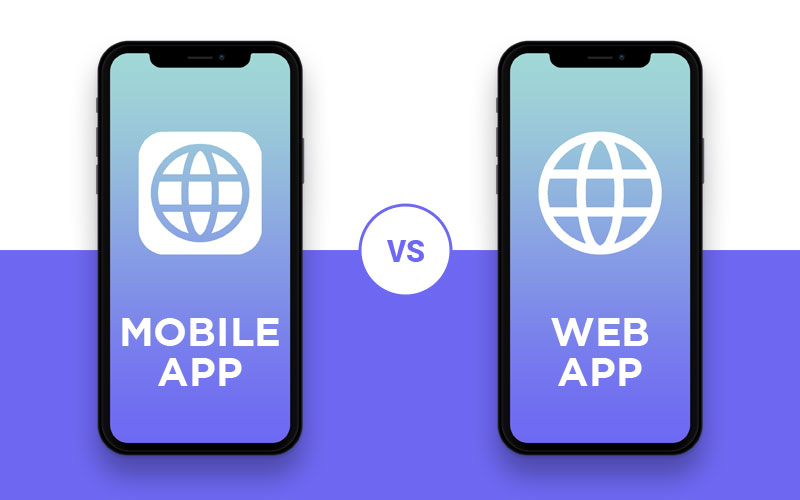
Each approach to app development has its pros and cons. It’s not as simple as web app vs mobile app. Choosing which route to go will depend heavily on what you want the app to accomplish.
An app that relies on the use of a phone’s camera or GPS will benefit from native platform development. Conversely, an app that prioritizes working across any platform would be better off developed as a web app.
Native Mobile App Advantages
Native apps don’t rely on an internet connection so apps that require offline functionality are best developed natively. Native mobile apps are also often faster than web apps because their content is already loaded onto the device.
If security is a concern for your audience, then developing a native app will reassure them of the quality of your product. All native apps must be approved by an app store before becoming available for download.
Native mobile apps are also often more straightforward to build. The availability of developer tools, IDEs, and SDKs means the process is well documented and supported.
Native Mobile App Disadvantages
Native mobile apps are often more expensive to build than web apps. They’re also not as versatile – if you want to make your app available across multiple platforms, you’re going to have to build the app from scratch for each OS.
While the approvals process is great from a customer’s point of view, getting an app approved by an app store is a rigorous process. Sometimes all the work put in is for naught when the app store boots your idea.
Web App Advantages
The greatest advantage to web apps is their ability to work across multiple platforms without significant effort. Because they work in the browser, you just have to browser test your app and then it’s off to the races.
Web apps are also easier to maintain and update. Rather than a user having to manually do so, web apps will update the moment you change the code on your end.
There’s also no tedious approvals process for launching a web app.
Web App Disadvantages
Web apps don’t work offline and are often slower than native mobile apps. You’re also unable to access device system features the way you can with native apps.
Marketing your web app can be an uphill battle. They’re not listed in a directory like an app store and your users are given no guarantee of quality should they use your app. That can turn some users off.
What Do You Want Your App to Do?
At the end of the day, this is the question you should be asking yourself. Mobile app vs web app arguments aside, if your project will benefit more from one or the other, then make an informed decision.
Now you know the difference between web and mobile application development: what they are, their pros and cons, and how best to assess your project.
Ready to dive into the code? Here are some things you should pay attention to when choosing a software development methodology.
